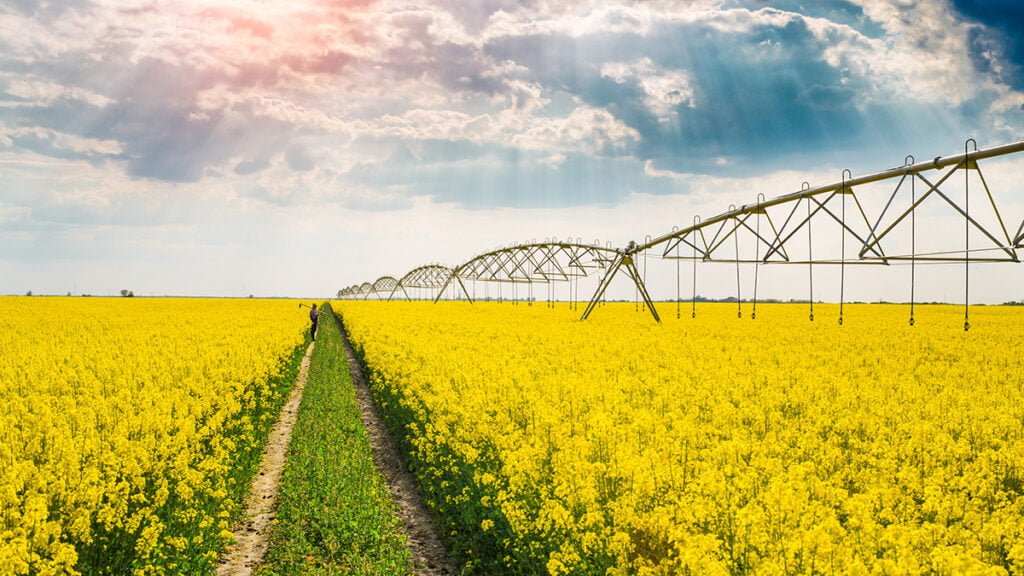The National Farmers' Federation (NFF) has identified regional workforce shortages as a key barrier to productivity growth in Australian agriculture. In a recent report, the organisation said that better long-term planning is needed to sustain the sector's performance and resilience.
"Agriculture faces persistent and acute workforce pressures that must be addressed if the sector is to remain strong, viable and productive," said Michael Pyers, NFF General Manager of Workplace Relations and Legal Affairs.
Pyers said that farmers continue to face hiring challenges across both skilled and unskilled positions, with the problem most evident in seasonal industries such as horticulture. "These shortages are dragging down productivity rates, increasing costs for farm businesses, and ultimately, hampering food supply chains," he said.
The report forms part of the NFF's response to the Jobs and Skills Roadmap for Regional Australia – Phase 1 Report. "We support the vision set out in the Roadmap to enhance the equity, effectiveness, and efficiency of the jobs and skills system across regional Australia," Pyers said. "However, for this vision to be realised, the unique needs of agriculture must be explicitly embedded in Phase 2 of the Jobs and Skills Roadmap."
The NFF report outlines five main areas of concern: ongoing labour shortages, skills and training gaps, barriers to workforce participation, migration and visa complexity, and the need to improve the perception and appeal of careers in agriculture.
It also highlights potential reforms that could align with national policy priorities, including the Net Zero Transition, Future Made in Australia, and Closing the Gap initiatives.
Source - https://www.freshplaza.com













